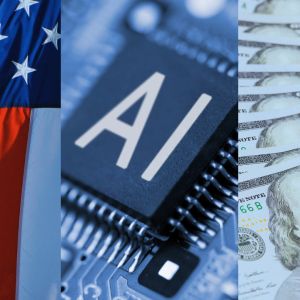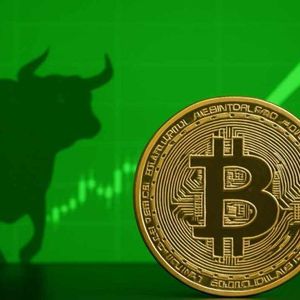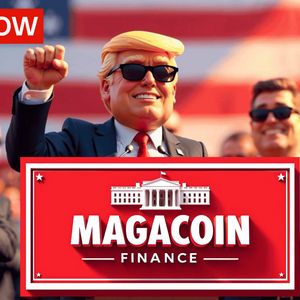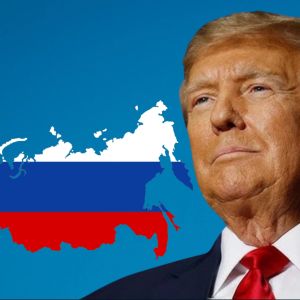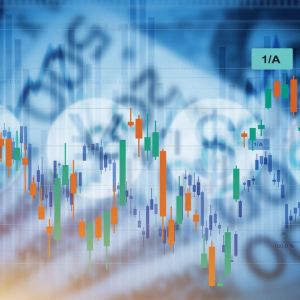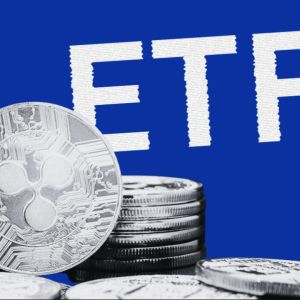Donald Trump’s aggressive trade policies increased the costs of importing goods and complicated trade rules, making them unpredictable. Businesses worldwide had no choice but to quickly change how they manage supply chains, plan pricing, and choose global partners. Companies relying on overseas factories had to pass the new costs on to customers, find new suppliers in other countries, or figure out how to work with a confusing and constantly changing tariff system that made every shipment more expensive and difficult to track. Many businesses realized that their old systems weren’t fast or smart enough to handle all the changes because tariff laws could now shift overnight and expose their operations to risks they couldn’t predict. AI has become a lifeline for companies to understand their supply chains, reduce their tariff exposure, and find new ways to cut costs. Trump started a trade fight, and companies turned to AI Donald Trump’s administration introduced tariffs that made global trade more tense and unpredictable for companies that had spent decades building international supply chains. The Trump tariffs affected electric vehicles and batteries , while others targeted raw materials, machinery, consumer electronics, and simple goods like textiles and furniture. Since the US customs system has more than 20,000 product categories, each one could face a different rate or rule depending on the country of origin and trade status. This uncertainty forced companies to go back and analyze thousands of product categories, track long Harmonized Tariff Schedule codes, and figure out which parts of their inventory were now affected. Businesses quickly needed smarter tools to read tariff schedules, track product codes, analyze costs, and react instantly to customs office updates. So, they turned to artificial intelligence to survive a new era of fast, deep, and unpredictable tariffs. Companies turned to AI to keep up with tariffs Companies discovered that AI could read huge volumes of complex documents, connect the dots across departments, and react faster than human teams ever could. Salesforce created a powerful AI agent that could instantly scan and understand the US. Harmonized Tariff Schedule (4,400 pages) for businesses to identify every possible product category and associated duty. Kinaxis used AI to let businesses run live supply chain simulations that showed what would happen if they changed one part of their operation. This way, companies will know how to keep production running while lowering costs and avoiding new tariffs. Wipro combined traditional machine learning with new generative AI systems to quickly analyze global trade routes, supplier locations, shipping lanes, and tariff exposure. The system would then recommend how to reroute cargo, switch to cheaper vendors, or adjust sourcing strategies so businesses could stay flexible and competitive even as the rules kept shifting. These AI systems took over work that was simply too large, fast, and complex for human teams to manage independently. These tasks include tracking new trade policies as they happened, scanning global supplier data for vulnerabilities, modeling what-if scenarios for cost impact, and suggesting better decisions that balance speed, savings, and compliance. A lifeline for big companies, but what about everyone else? Large corporations have the money, talent, and data to train AI tools properly. AI made them flexible and intelligent enough to respond instantly to changing trade rules and protect their profit margins in ways that older systems or manual processes simply couldn’t match. But many small businesses don’t have enough money to buy AI tools, hire experts to build custom models, or collect the clean, real-time data AI systems need to work properly and deliver useful insights. AI is often portrayed as magic, but the truth is that it’s only as good as the data it works with. If a company can’t afford clean, updated, and well-organized data about its products, suppliers, logistics, and costs, then even the best AI system won’t be able to deliver the results that big businesses already see. AI has become a lifeline in this context, helping companies navigate unpredictable policies. But the deeper question going forward is whether this lifeline will also act as a ladder, giving smaller businesses and under-resourced players a way to climb into the future, or whether it remains just a crutch for the most powerful to keep their lead while others fall further behind. Cryptopolitan Academy: Want to grow your money in 2025? Learn how to do it with DeFi in our upcoming webclass. Save Your Spot



